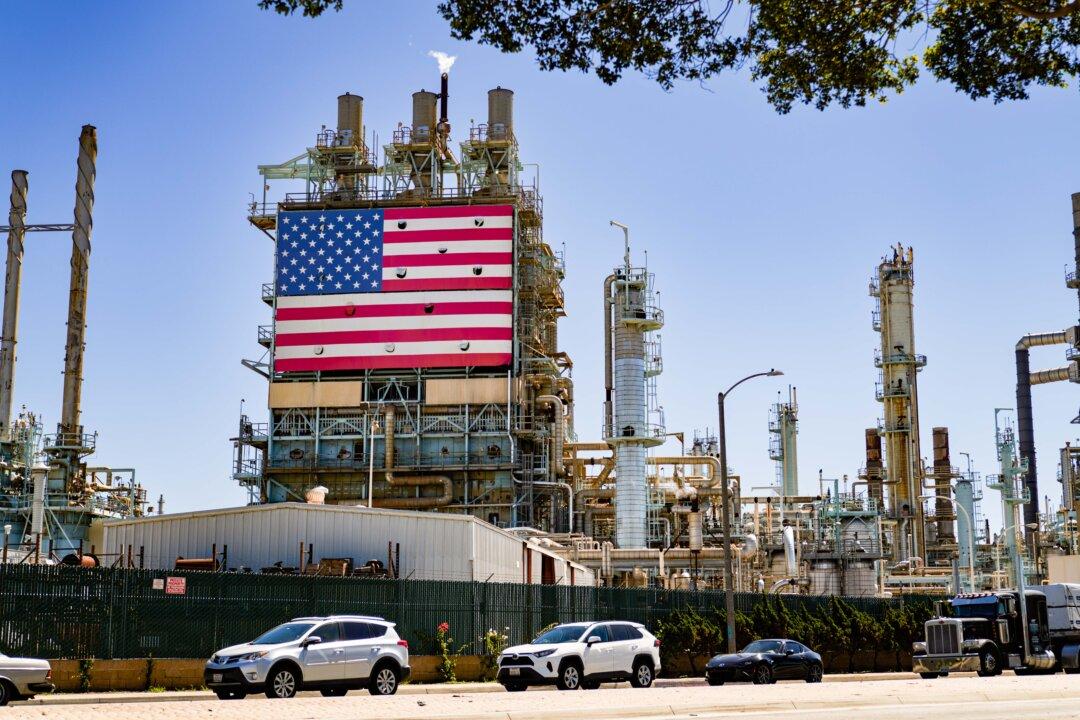Faced with new regulations that would require thousands of companies in California to calculate and disclose emissions, a group of businesses filed a lawsuit Jan. 30 in the U.S. District Court in Los Angeles to overturn the laws.
At issue are Senate Bills 253 and 261, requiring comprehensive greenhouse gas disclosures for businesses with revenues exceeding $1 billion and $500 million, respectively.





